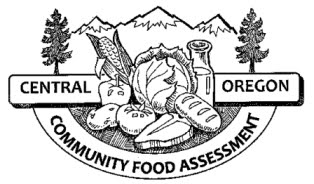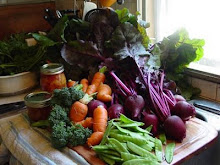

Wy'East Resource Conservation & Development helps build sustainable rural communities to improve and enhance social, economic, and natural resources in the Columbia River Gorge, Mid-Columbia and Central Oregon.Last year Wy'East launched its Community Food Systems project with a VISTA volunteer promoting community gardens and conducting a Community Food Assessment in the Columbia River Gorge and Mid-Columbia region. This year Wy'East has brought on another VISTA volunteer, based out of Redmond, to conduct a Community Food Assesment for Central Oregon.
Wy'East also runs a highly successful
Micro Enterprise Facilitation service providing free, confidential and professional small business advice to aspiring entrepreneurs and existing enterprises. In addition, Wy'East projects focus on Cooperative Watershed Health Conservation and Agriculture Energy Management.
For more information visit
http://www.wyeast-rcd.org/default.aspx Founded in 1985, NeighborImpact is a private nonprofit organization established to serve and speak out for economically disadvantaged people in Central Oregon. Our mission is to break the cycle of poverty by helping remove the barriers that prevent people from achieving economic self-sufficiency.
Founded in 1985, NeighborImpact is a private nonprofit organization established to serve and speak out for economically disadvantaged people in Central Oregon. Our mission is to break the cycle of poverty by helping remove the barriers that prevent people from achieving economic self-sufficiency.
NeighorImpact is a key player in the Central Oregon Food System, home to the region's Food Bank which serves Crook, Deschutes, and Jefferson County emergency food providers. NeighborImpact bringing nearly 25 years of experience working with low-income Central Oregonians running Head Start programs and providing emergency, housing, weatherization, and childcare services.
NeighborImpact recognizes the need for self-sufficiency in light of the new economic climate and increased emergency food needs; their role in the assessment process will expand on the vital work of the Food Bank.
For more information visit: http://www.neighborimpact.org/







